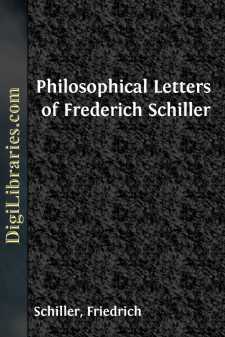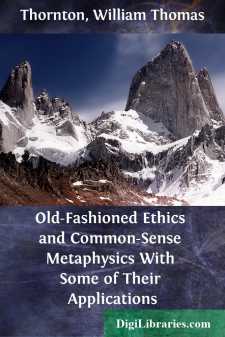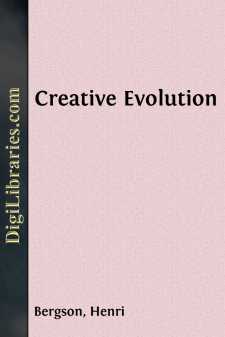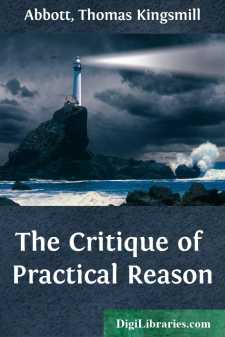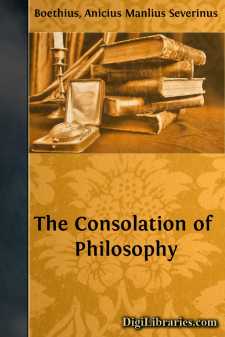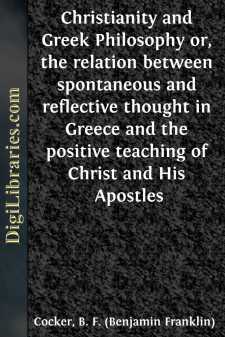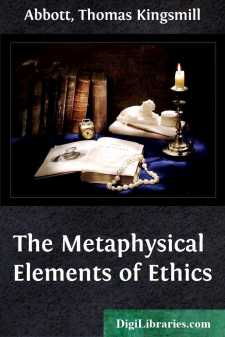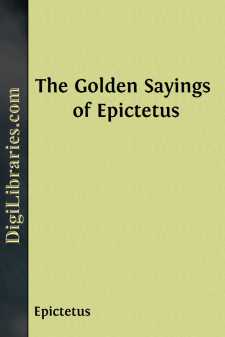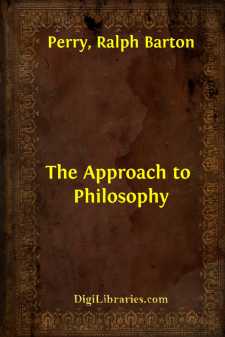Philosophy
- Aesthetics 11
- Eastern 1
- Ethics & Moral Philosophy 2
- General 30
- Hindu 2
- History & Surveys 3
- Logic 1
- Metaphysics 3
- Political 1
- Religious 7
- Social 3
- Taoist 1
Philosophy Books
Sort by:
The reason passes, like the heart, through certain epochs and transitions, but its development is not so often portrayed. Men seem to have been satisfied with unfolding the passions in their extremes, their aberration, and their results, without considering how closely they are bound up with the intellectual constitution of the individual. Degeneracy in morals roots in a one-sided and wavering...
more...
ANTI-UTILITARIANISM. Having, by the heading of this essay, announced that it is intended to be partly controversial, I can scarcely begin better than by furnishing the reader with the means of judging whether I myself correctly apprehend the doctrine which I am about to criticise. If, then, I were myself an Utilitarian, and, for the sake either of vindicating my own belief, or of making converts of...
more...
by:
Henri Bergson
INTRODUCTION The history of the evolution of life, incomplete as it yet is, already reveals to us how the intellect has been formed, by an uninterrupted progress, along a line which ascends through the vertebrate series up to man. It shows us in the faculty of understanding an appendage of the faculty of acting, a more and more precise, more and more complex and supple adaptation of the consciousness...
more...
PREFACE. This work is called the Critique of Practical Reason, not of the pure practical reason, although its parallelism with the speculative critique would seem to require the latter term. The reason of this appears sufficiently from the treatise itself. Its business is to show that there is pure practical reason, and for this purpose it criticizes the entire practical faculty of reason. If it...
more...
SONG I.Boethius' Complaint.Who wrought my studious numbersSmoothly once in happier days,Now perforce in tears and sadnessLearn a mournful strain to raise.Lo, the Muses, grief-dishevelled,Guide my pen and voice my woe;Down their cheeks unfeigned the tear dropsTo my sad complainings flow!These alone in danger's hourFaithful found, have dared attendOn the footsteps of the exileTo his lonely...
more...
PREFACE. In preparing the present volume, the writer has been actuated by a conscientious desire to deepen and vivify our faith in the Christian system of truth, by showing that it does not rest solely on a special class of facts, but upon all the facts of nature and humanity; that its authority does not repose alone on the peculiar and supernatural events which transpired in Palestine, but also on the...
more...
INTRODUCTION. OUR age is retrospective. It builds the sepulchres of the fathers. It writes biographies, histories, and criticism. The foregoing generations beheld God and nature face to face; we, through their eyes. Why should not we also enjoy an original relation to the universe? Why should not we have a poetry and philosophy of insight and not of tradition, and a religion by revelation to us, and...
more...
If there exists on any subject a philosophy (that is, a system of rational knowledge based on concepts), then there must also be for this philosophy a system of pure rational concepts, independent of any condition of intuition, in other words, a metaphysic. It may be asked whether metaphysical elements are required also for every practical philosophy, which is the doctrine of duties, and therefore also...
more...
by:
Epictetus
I Are these the only works of Providence within us? What words suffice to praise or set them forth? Had we but understanding, should we ever cease hymning and blessing the Divine Power, both openly and in secret, and telling of His gracious gifts? Whether digging or ploughing or eating, should we not sing the hymn to God:— Great is God, for that He hath given us such instruments to till the ground...
more...
PREFACE In an essay on "The Problem of Philosophy at the Present Time," Professor Edward Caird says that "philosophy is not a first venture into a new field of thought, but the rethinking of a secular and religious consciousness which has been developed, in the main, independently of philosophy." If there be any inspiration and originality in this book, they are due to my great desire...
more...


